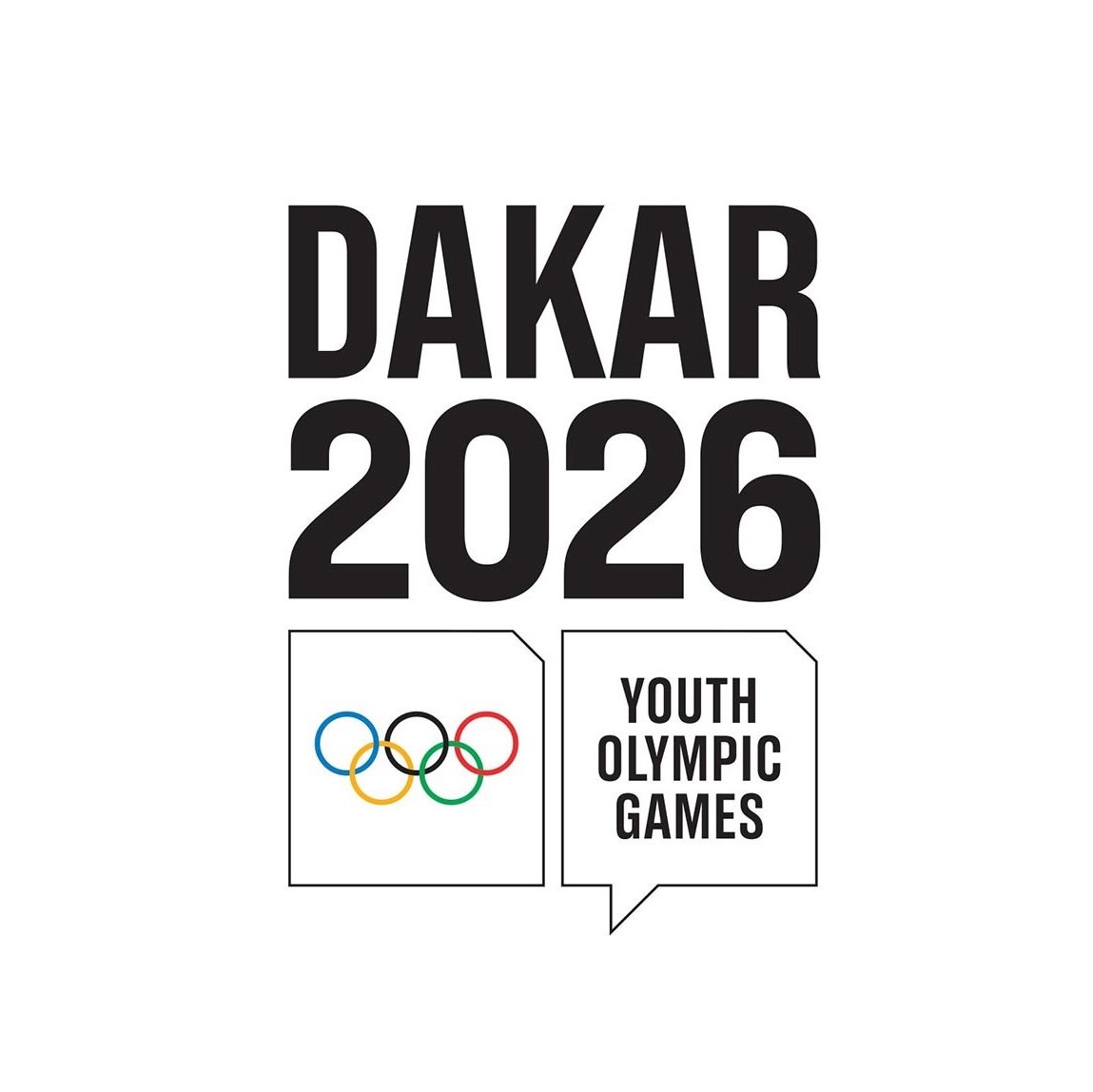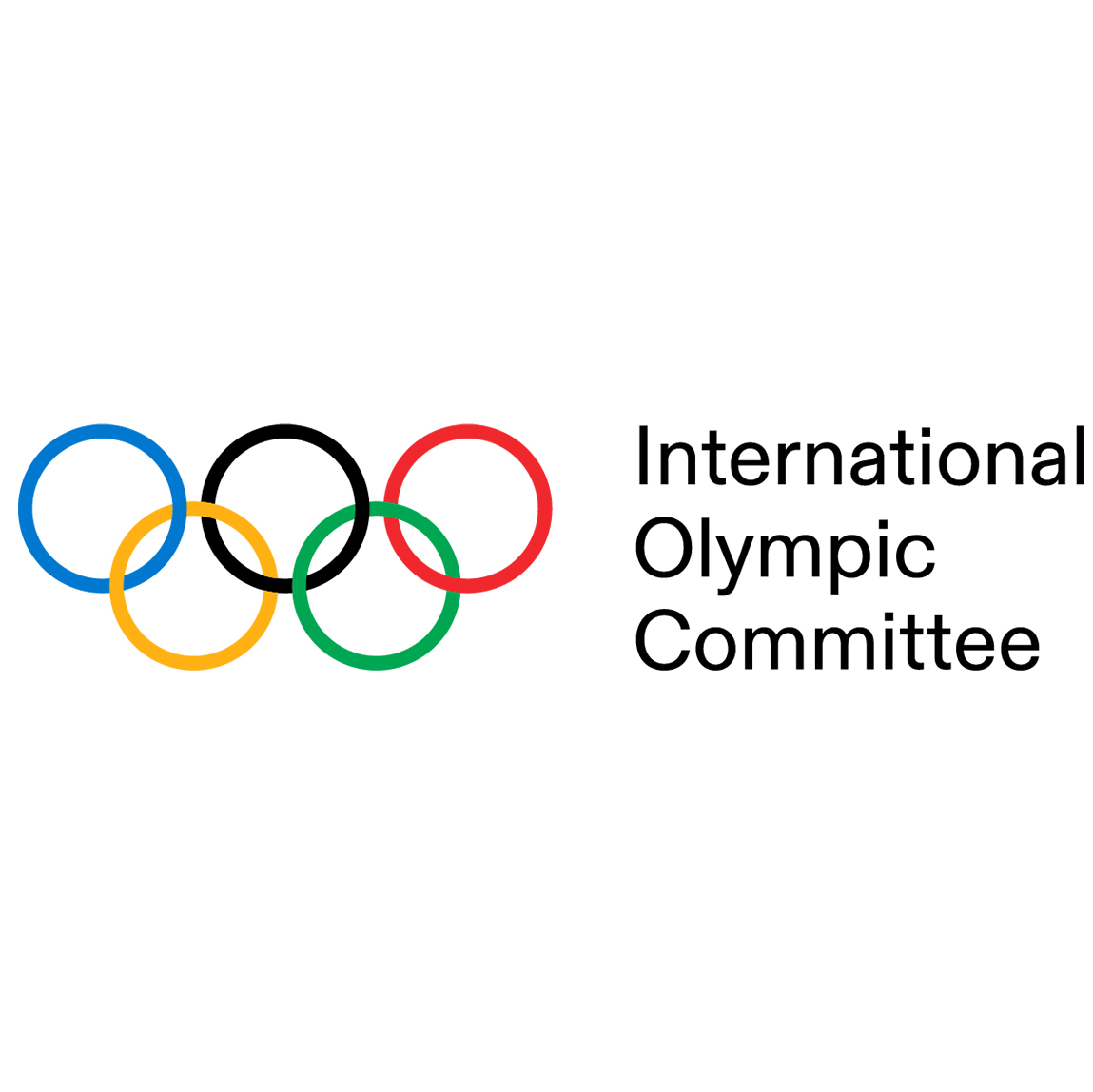
ITA LAUNCHES GLOBAL PRE-GAMES ANTI-DOPING PROGRAM FOR THE OLYMPIC GAMES
The International Testing Agency (ITA) is activating the Pre-Games phase of the comprehensive anti-doping program for the Olympic Games Paris 2024 that it is leading on behalf of the International Olympic Committee (IOC). The Pre-Games program supports worldwide anti-doping efforts ahead of the Games to ensure that athletes likely to participate in the event are subject to a robust and risk-proportionate testing regime. The ITA has appointed a Pre-Games Expert Group to support this work by addressing potential gaps and issuing testing recommendations to all relevant anti-doping organisations around the world. For the first time, the ITA has also appointed a Supervisory Panel to support and monitor the work of the ITA Paris 2024 Pre-Games Expert Group, ensuring a broad representation to help strengthen anti-doping measures in this important phase ahead of the Games.
The opening ceremony of the Paris 2024 Olympic Games is still many months away, but one of the most important phases of the anti-doping program for the event has already commenced. When it comes to doping, special attention must be paid to the lead time before major sports events – both to discourage those that plan on resorting to prohibited substances or methods to qualify to or prepare for competitions, and to ensure that all athletes are competing on a level playing field at the Games, no matter where they come from. During this preparatory phase it is the responsibility of the respective International Federations (IFs) and National/Regional Anti-Doping Organisations (NADOs/RADOs) to subject their athletes to a proportionate doping control plan. The ITA Pre-Games program provides an additional layer of independent monitoring and support to ensure that athletes are tested adequately ahead of Paris 2024.
Whereas the ITA-led Pre-Games program for Tokyo 2020 focused on issuing generic recommendations covering individual athletes and teams belonging to a large pool of potential participants in the Olympic Games, the model for Paris 2024 focuses on specific recommendations supporting the detection of gaps in strategic aspects of anti-doping programs. This approach is not only quantitative, but also integrates a qualitative component based on the experiences and data models that the ITA was able to establish based on its mission for Tokyo 2020. All targeted testing recommendations issued to the concerned IFs and NADOs/RADOs around the world will then be monitored by the ITA to help achieve their implementation. Additionally, further testing recommendations might be issued closer to the Games as the final list of athletes likely to participate in the event will be clearer. The Pre-Games phase of the anti-doping program for Paris 2024 will end with the opening of the Olympic Village on 18 July 2024.
As the ITA is currently in charge of delivering independently the anti-doping programs for over 80% of the Summer Olympic International Federations, it will directly oversee the implementation of a large part of recommendations for these sports. Furthermore, the IOC and the ITA have secured an extended testing jurisdiction over all athletes registered to take part starting three months ahead of Paris 2024. The ITA will lead such testing activities to fill potential testing gaps for all sports and nations through doping controls on its own initiative.
To further promote the quality and transparency of the ITA Paris 2024 Pre-Games program, for the first time a Supervisory Panel was appointed by the ITA composed of Athletes’ representatives and members from eight IFs and NADOs to join the initiative in a supervisory and advisory role. The World Anti-Doping Agency (WADA) has also been invited to sit on the Supervisory Panel as observer and to monitor compliance aspects of the implementation of the testing recommendations.
ITA Director General Mr. Benjamin Cohen said: “We have harnessed important learnings from our clean sport mission for Tokyo 2020 which now help us improve further the Pre-Games anti-doping program for Paris 2024. This project emphasises the significance of true international collaboration for fair play at the Games as all concerned anti-doping organisations have to work towards the common goal of robust testing regimes ahead of Paris 2024. The ITA is honoured to coordinate this important work in such a key period for clean sport. We wish to thank in advance all the stakeholders for playing their part in this process: athletes who play fairly and make themselves available for testing, IFs and NADOs which dedicate constant efforts to implement solid testing programs, the World Anti-Doping Agency for its important compliance monitoring role to ensure that all organisations carry out the necessary controls in a timely manner, all the laboratories which will work under increased pressure up until the opening of the Games and finally all the experts who contribute to this global effort to safeguard the integrity of the Games and protect the athletes’ right to take part in clean competitions. The Pre-Games phase of the anti-doping program is our shared responsibility, and together, we will strive for integrity, excellence, and true sportsmanship in the pursuit of clean sport.”
Member of the WADA Athlete Council, Iñaki Gomez, said: “For many athletes, the 2024 Olympic and Paralympic Games taking place in Paris, France, will be the highlight of their careers. WADA and the global anti-doping community have been working together to maintain the integrity of the system in preparation so that athletes can have the level playing field they deserve. In the build-up to the Games, it is important that all Anti-Doping Organizations make the most of the remaining time to ensure that athletes are tested to the appropriate level. I am delighted to be part of the Paris 2024 Pre-Games Supervisory Panel being led by the ITA to make sure that athletes are ready for the Games from an anti-doping perspective and that above all, the integrity and fairness of sport can be upheld.”
























